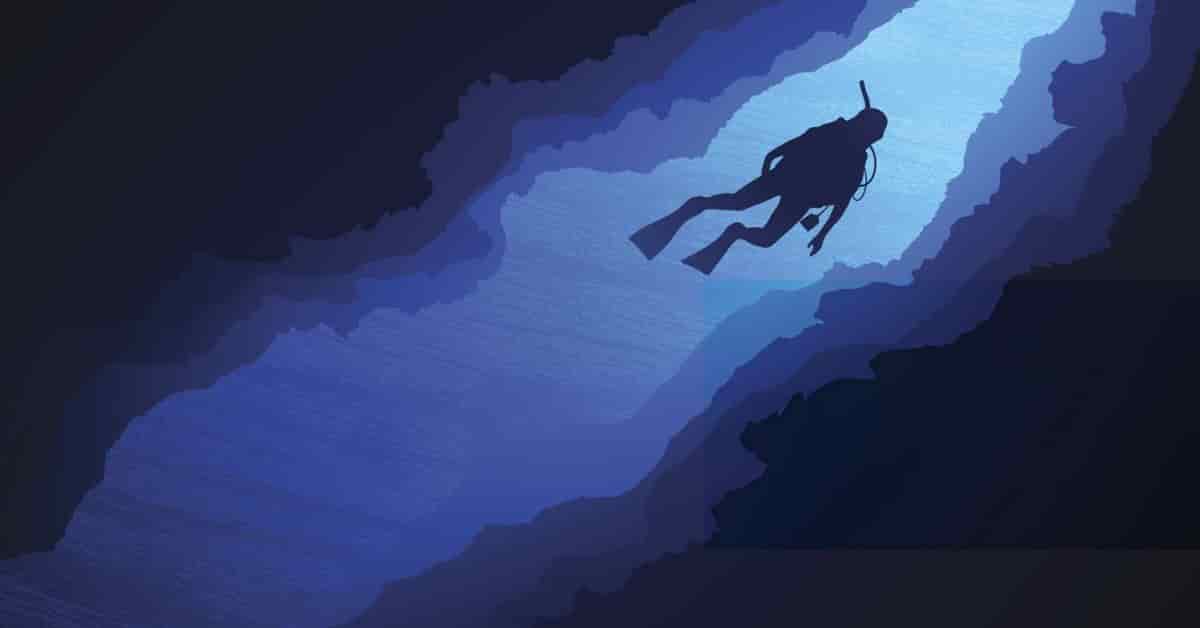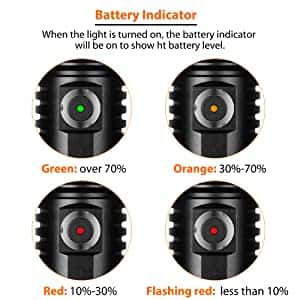⚠️Important Safety Note: Solo Diving Requires Expertise
Solo diving is inherently riskier than buddy diving and is only recommended for certified, experienced divers with advanced training (e.g., PADI Self-Reliant Diver or SDI Solo Diver certification). Always prioritize safety protocols: carry redundant gear (air, lights, cutting tools), plan dives conservatively, and avoid solo diving in unfamiliar or hazardous conditions.
Consult a professional instructor before attempting independent dives. This blog celebrates the rewards of solo diving—but never underestimate its risks.
Imagine descending into the ocean’s embrace, where the only sound is your breath and the rhythmic pulse of the sea. Solo diving offers a rare escape from life’s noise, merging adventure with introspection. This isn’t just about exploration, it’s about finding Zen (relaxed and not worrying about things that you cannot change) in the deep. In this guide, we’ll uncover how solo diving fosters mindfulness, the gear that ensures safety, and the lessons the ocean teaches those brave enough to dive alone.
The Allure of Solitude Beneath the Waves
Beneath the shimmering surface of the ocean lies a world untouched by time, a realm of neon coral cities, shipwrecks cloaked in mystery, and creatures that glow like constellations. For travelers seeking more than postcard views, the sea offers adventures that redefine discovery.
Imagine floating weightlessly through underwater caves adorned with ancient fossils, or locking eyes with a curious sea turtle as sunlight filters through the waves above. This isn’t just travel; it’s a plunge into the planet’s final wilderness, where every dive rewrites what you thought was possible.
There’s a secret seasoned divers know: the ocean doesn’t just captivate it transforms. The rhythm of your breath underwater becomes a mantra. Schools of fish swirl around you like living art. Time slows, and for a moment, you’re not just a visitor but part of the ecosystem. Whether you’re a thrill-seeker chasing shark encounters or a quiet explorer drawn to kelp forests, the sea rewards curiosity with moments of pure magic.
But what happens when you strip away the distractions and dive alone? That’s where the journey turns inward and the real adventure begins.
The Philosophy of Zen Diving: Where Mindfulness Meets the Deep
Solo diving is more than a sport, it’s a moving meditation. Like yoga or forest bathing, it demands presence. Without a buddy, every movement becomes intentional: your breath syncs with the currents, and your focus narrows to the dance of light on the seabed.
Why It Works:
- Breath Awareness: The steady rhythm of inhaling and exhaling mirrors meditation techniques.
- Sensory Immersion: The ocean’s silence amplifies your connection to marine life and terrain.
Enhance your diving experience by documenting your post-dive reflections in this SCUBAPRO Diver’s Logbook ![]() . With its waterproof pages, you’ll have the perfect space to capture those Zen moments, like encountering a shy octopus or mastering buoyancy in a current. Reflecting on these experiences will help you grow as a diver and appreciate the underwater world even more.
. With its waterproof pages, you’ll have the perfect space to capture those Zen moments, like encountering a shy octopus or mastering buoyancy in a current. Reflecting on these experiences will help you grow as a diver and appreciate the underwater world even more.
Silence Underwater: The Ocean’s Forgotten Symphony
Without the distraction of a buddy’s bubbles, solo divers unlock the ocean’s hidden soundtrack the crackle of shrimp, the distant song of a humpback whale, or the sigh of waves above.
A Diver’s Story:
Maria, a solo diver from Hawaii, recalls her first silent night dive: “I turned off my torch and just listened. The reef was alive with clicks and chirps, it felt like the ocean was speaking only to me.”
Enhance your auditory experience with this neoprene hood ![]() . Its snug fit minimizes distracting water noise, helping you tune into the sea’s whispers.
. Its snug fit minimizes distracting water noise, helping you tune into the sea’s whispers.
Self-Reliance as Empowerment: Trusting Yourself in the Blue
Solo diving strips away reliance on others, pushing you to troubleshoot alone. Navigating a sudden current or managing gear malfunctions becomes a test of skill and a confidence booster.
Key Skills to Master:
- Redundant Gear Setup: Always carry backups (more on this below).
- Emergency Drills: Practice air-sharing with a pony bottle monthly.
The Sea as a Mirror: What Solo Diving Reveals About You
Psychologists note that solitude in extreme environments—like the deep sea exposes our rawest selves. Fear, focus, and euphoria collide, teaching resilience.
Quiz: Are You Mentally Ready for Solo Diving?
- Do you panic when gear malfunctions?
- Can you stay calm in low visibility?
- Do you enjoy your own company for hours?
Achieve physical and mental balance with this adjustable weight system ![]() . Its ergonomic design helps you hover effortlessly, mirroring the calm mindset solo diving requires.
. Its ergonomic design helps you hover effortlessly, mirroring the calm mindset solo diving requires.
The Zen Diver’s Gear Checklist: Less Is More
Overpacking kills the Zen. Stick to minimalist, reliable tools that enhance not hinder your underwater flow.
Essentials for a Meditative Dive:
- Streamlined Harness: Avoid bulky gear snagging on reefs.
- Silent Fins: Opt for split blades that reduce noise.
- Hydration Pack: Dehydration breeds stress; sip from a camelback post-dive.
Solo diving isn’t just about braving the ocean alone, it’s about confronting yourself in a world devoid of distractions. With the right mindset and gear, the sea becomes a mirror, reflecting resilience, focus, and peace.
Encouraging Safe Progression: Group Diving Before Solo Adventures
Before venturing into the solitary beauty of solo diving, we strongly recommend starting with group scuba diving experiences to build foundational skills and confidence. Diving with a buddy or group isn’t just about camaraderie—it’s a critical safety net. You’ll learn to communicate underwater, troubleshoot gear issues collaboratively, and navigate currents with the reassurance of support nearby.
Even seasoned divers refine their techniques in group settings, mastering buoyancy control and emergency protocols that are vital for solo safety. Once you’ve honed these skills, solo diving can be a rewarding next step but only after obtaining advanced certifications (like PADI’s Self-Reliant Diver) and under professional supervision. Always prioritize conservative dive planning, redundant gear checks, and expert guidance to ensure your independence doesn’t compromise safety. The ocean’s mysteries will still be there; take the time to prepare wisely.







